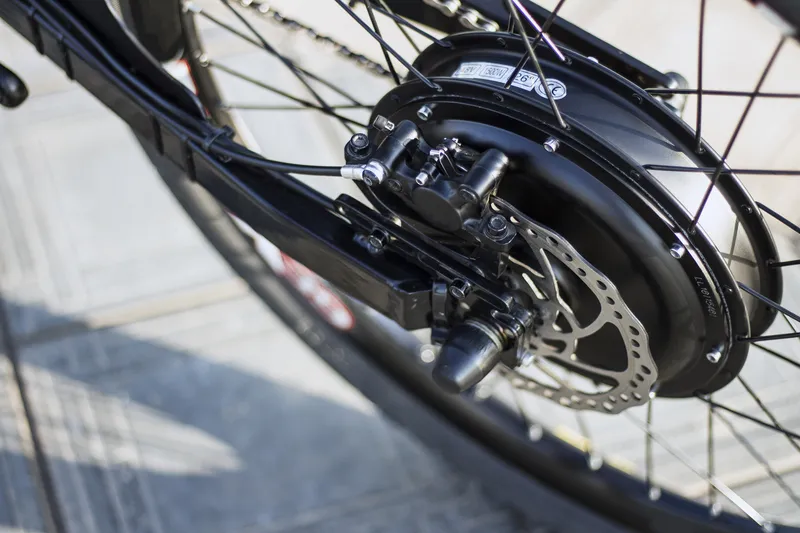The search for a free parking spot will soon be a thing of the past in the Italian city of Pisa thanks to the launch of a smart city pilot project to test an intelligent parking system and analyse historical traffic data via a big data services. The system will help motorists in Pisa to find a vacant parking space more easily, as well as pay for it via their smart phone.
The city has joined forces with Deutsche Telekom and its partner firm Kiunsys to install the new smart city service. Sensors on the f
June 25, 2014
Read time: 3 mins
The search for a free parking spot will soon be a thing of the past in the Italian city of Pisa thanks to the launch of a smart city pilot project to test an intelligent parking system and analyse historical traffic data via a big data services. The system will help motorists in Pisa to find a vacant parking space more easily, as well as pay for it via their smart phone.
The city has joined forces with4194 Deutsche Telekom and its partner firm Kiunsys to install the new smart city service. Sensors on the floor of each parking spot detect whether they are vacant. Several data units collect the information and send it over the mobile network to the city's server infrastructure. The information is then displayed on indication panels which guide drivers to a free space. The solution is also integrated into Pisa’s existing Tap&Park app which drivers can choose to download to take them directly to a free parking space and even pay for it via the app.
With a thriving tourist industry, three universities, an important hospital and the main airport of Tuscany, Pisa attracts around 90,000 vehicles per day on its roads.
"The new parking system integrates seamlessly into our intelligent transport system," says the mayor of Pisa, Marco Filippeschi. "It eases the flow of traffic and helps to cut CO2 emissions."
Pisa has been working for many years to implement a smart mobility policy as part of its Sustainable Energy Action Plan. Filippeschi underscores its importance, saying that: “the pilot project is a big stride for Pisa towards improving its traffic situation over the long term. Indeed, drivers looking for a parking space make up some 30 per cent of inner-city traffic. So the easier it is for them to find a spot, the less traffic there will be.”
"We firmly believe that the right way to becoming a smart city is to have open standards and take a collaborative approach," says Jürgen Hase, vice president, Machine-to-Machine at Deutsche Telekom. "That's why we are particularly pleased to be part of this joint project with our partner company Kiunsys and the City of Pisa – a leading member of the European ITS standardisation network POSSE."
Pisa already uses a range of Kiunsys modules including the Tap&Park app for mobile payment of parking charges, 30,000 PisaPass RFID parking badges and INeS Cloud management software. As a result, the city has already been collecting traffic-related data which will now be analysed as part of the pilot project. The partners hope to gain a deeper insight into how the traffic infrastructure is used, which will benefit traffic planning in future.
The city has joined forces with
With a thriving tourist industry, three universities, an important hospital and the main airport of Tuscany, Pisa attracts around 90,000 vehicles per day on its roads.
"The new parking system integrates seamlessly into our intelligent transport system," says the mayor of Pisa, Marco Filippeschi. "It eases the flow of traffic and helps to cut CO2 emissions."
Pisa has been working for many years to implement a smart mobility policy as part of its Sustainable Energy Action Plan. Filippeschi underscores its importance, saying that: “the pilot project is a big stride for Pisa towards improving its traffic situation over the long term. Indeed, drivers looking for a parking space make up some 30 per cent of inner-city traffic. So the easier it is for them to find a spot, the less traffic there will be.”
"We firmly believe that the right way to becoming a smart city is to have open standards and take a collaborative approach," says Jürgen Hase, vice president, Machine-to-Machine at Deutsche Telekom. "That's why we are particularly pleased to be part of this joint project with our partner company Kiunsys and the City of Pisa – a leading member of the European ITS standardisation network POSSE."
Pisa already uses a range of Kiunsys modules including the Tap&Park app for mobile payment of parking charges, 30,000 PisaPass RFID parking badges and INeS Cloud management software. As a result, the city has already been collecting traffic-related data which will now be analysed as part of the pilot project. The partners hope to gain a deeper insight into how the traffic infrastructure is used, which will benefit traffic planning in future.









